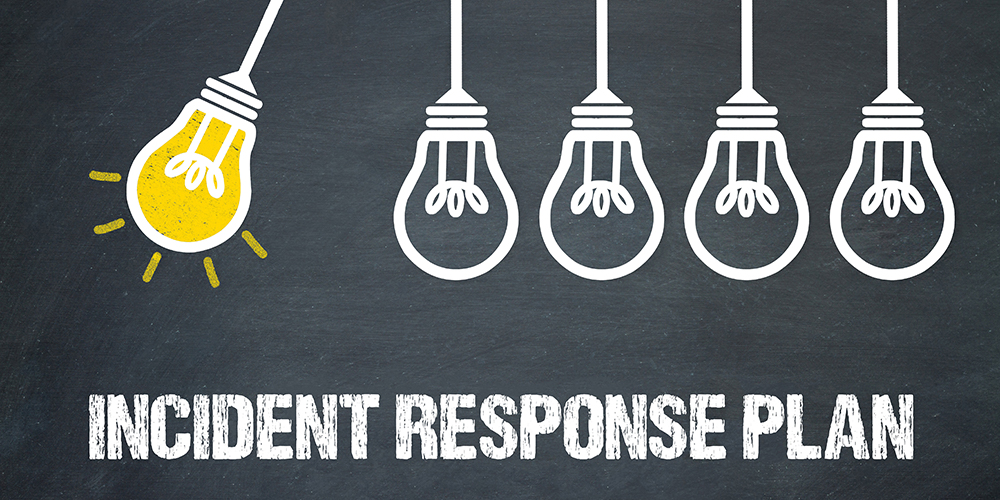
Cyber Resilience Is About More Than Just Technology
Attacks and threats producing attacks continue to occur. How can your company keep up, and protect itself from financial, legal and other consequences? Cyber resilience, the ability to recover from a cyber attack, involves people and processes even more than technological tools. Read on to learn more about helping your organization plan how to keep going in the face of an attack.

Using Multiple Layers for Comprehensive Cybersecurity
How do you know if your company’s cybersecurity efforts are working? Is the lack of a data breach enough to tell you that you’re doing well? Maybe, maybe not. Read on to learn about analyzing your risks and using that information to keep your systems and data safe, and your company doing business.

Developing a Culture of Cybersecurity
When it comes to cybersecurity, tools and technology help. What can help even more is making cybersecurity a part of company culture, to the point of safety becoming second nature. Read on to learn more about establishing a culture of cybersecurity.

What’s On Your Holiday Tech Wish List?
What if you could deduct technological expenses, reducing your taxes and availing your business of new technology? According to the IRS, you can deduct a portion of your tax expense for products (sometimes even services) if you deploy the tech in the current tax year. Read on to learn more about defraying expenses and even gaining a competitive advantage, too.

Defense in Depth Provides Robust Cybersecurity
Many companies, while they have defenses against cyberattack, still fight to keep ahead of cyberattacks. What if your company is one of these, and could find a better way to protect your technological assets–data, applications, your network itself–from attack? Read on to learn more about “defense-in-depth” and how your company can use it to build a robust defense in all parts of your network.

Disaster Recovery Plans Help Keep Your Business Going
Any time of year, a disaster can happen, disrupting business operations and even threatening your company itself. Statistics show that some small to medium-size businesses close after a disaster; even some of those that reopen may be out of business in a year. Having a plan for disaster recovery can help your business defy the statistics. Read on to learn more about preserving your company’s data, reputation and bottom line by having a disaster recovery plan in place.

Set High Standards for Cybersecurity
As we know, October is Cybersecurity Awareness month. There is much to be aware of, including how to prepare for an attack, current threats, how well your data is protected, and who has access to it. Read on to learn how following rigorous compliance standards helps your cybersecurity efforts.

Cybersecurity Awareness is Just the Beginning
Readers are likely aware of some of the headline-grabbing cyber attacks in recent years–WannaCry, SolarWinds and Colonial Pipeline, just to name a few. But what about the attacks–and resulting loss of revenue and reputation–that don’t make the news? What is your organization’s cybersecurity posture, and how can it be improved? Read on to learn about cyber threats and how to protect your business.

This is (Not) a Drill: Practice Your Incident Response Plan
Much as your business will practice its plan for getting out of the building in case of fire, it also needs to practice its response to a cyber attack. Your response ideally will be nearly automatic, and the way to make it so is to practice repeatedly. Read on to learn more about an incident response plan (IRP) and practicing the response to a cyber attack.

Is 5G in Your Future?
There’s been a lot of hype about 5G, the next generation of cellular technology. It will build on 4G and LTE, offering faster mobile broadband speeds, extremely reliable low-latency connections, and enabling machine-to-machine connections like never before. As wonderful as this new technology is, it is a work in progress, and requires consideration before adopting. Read on to learn more about the promise and progress of 5G cellular technology.
